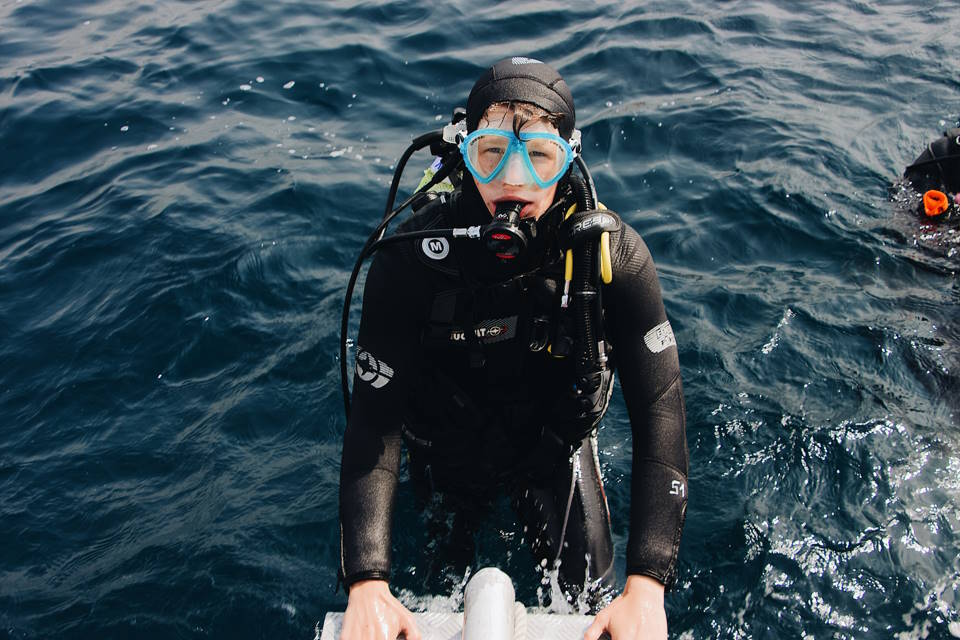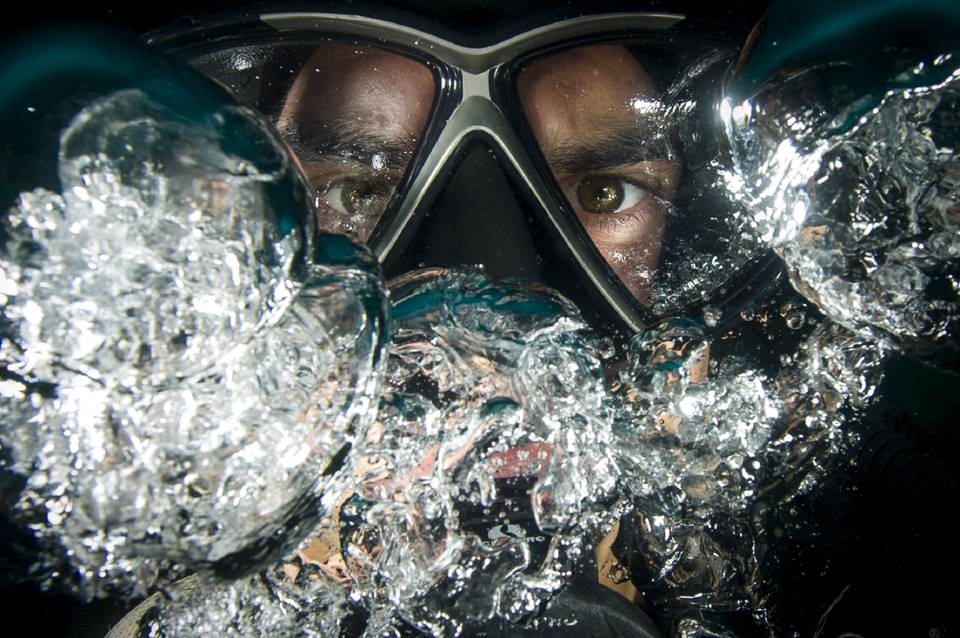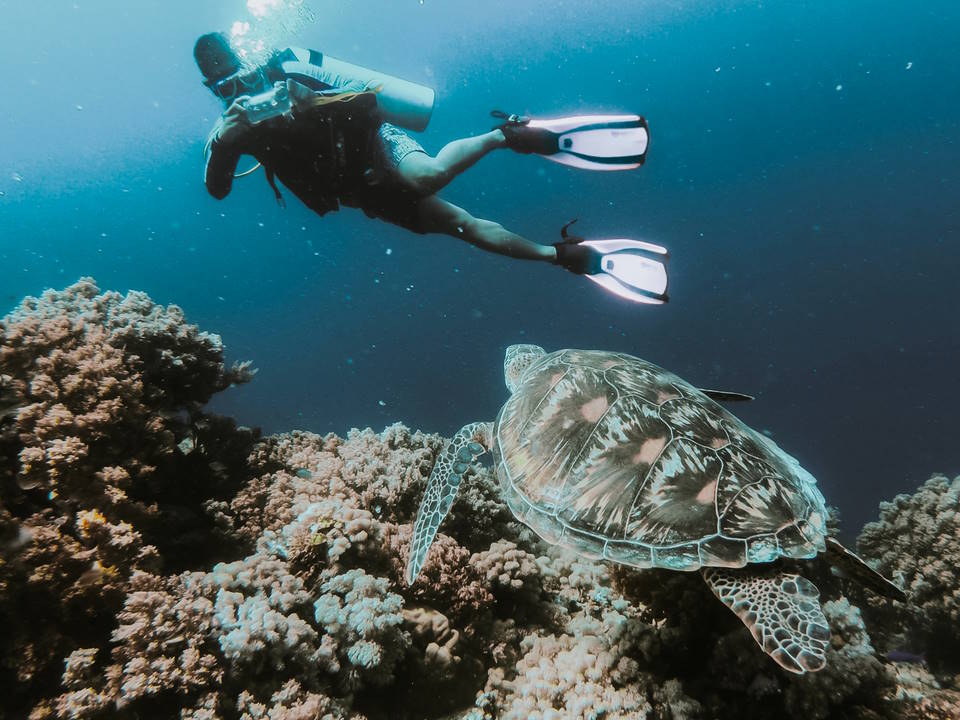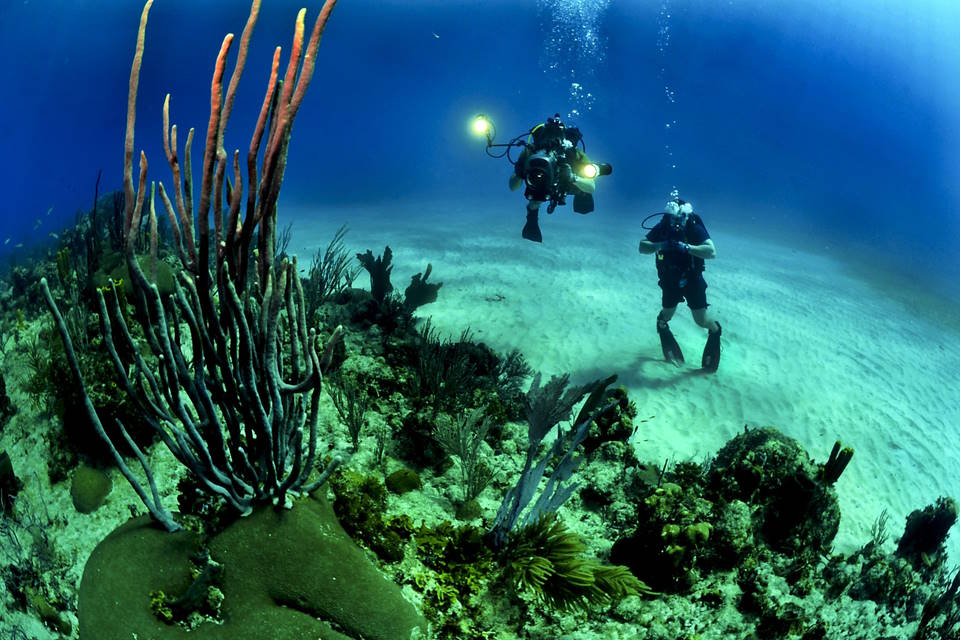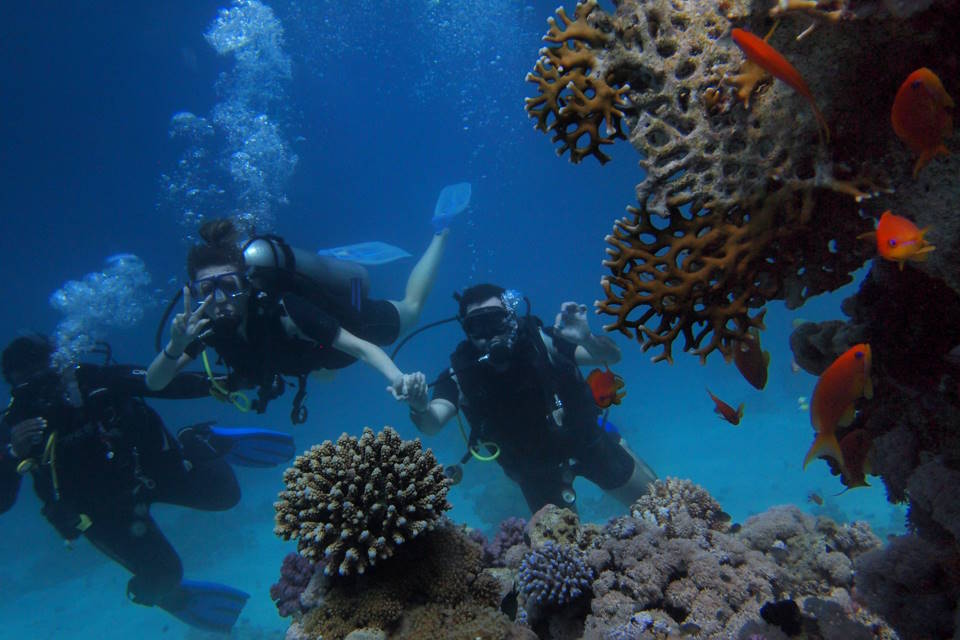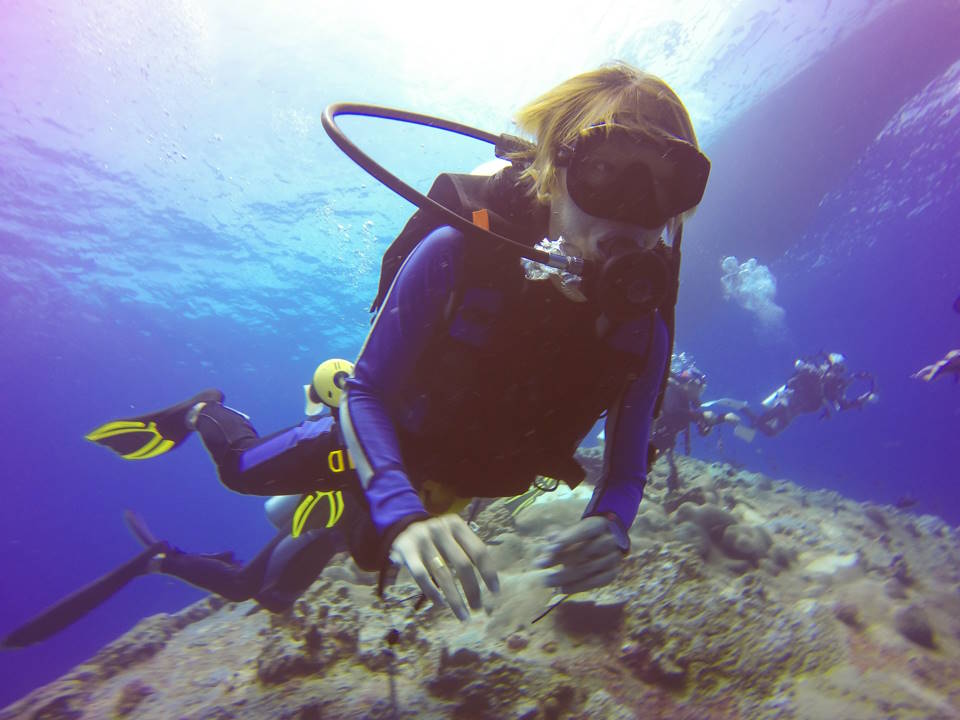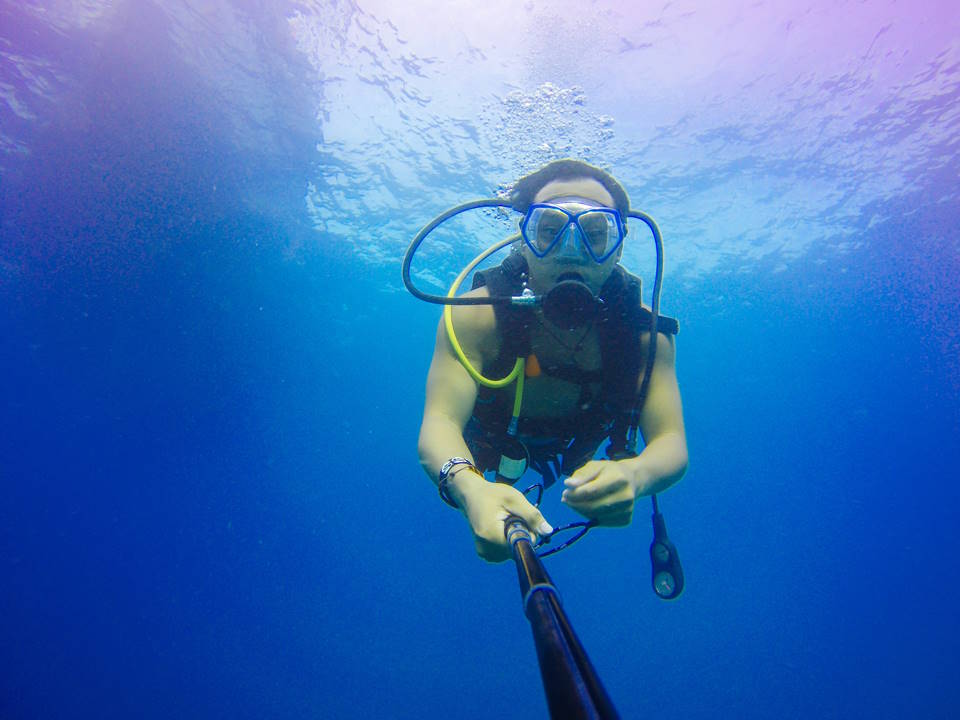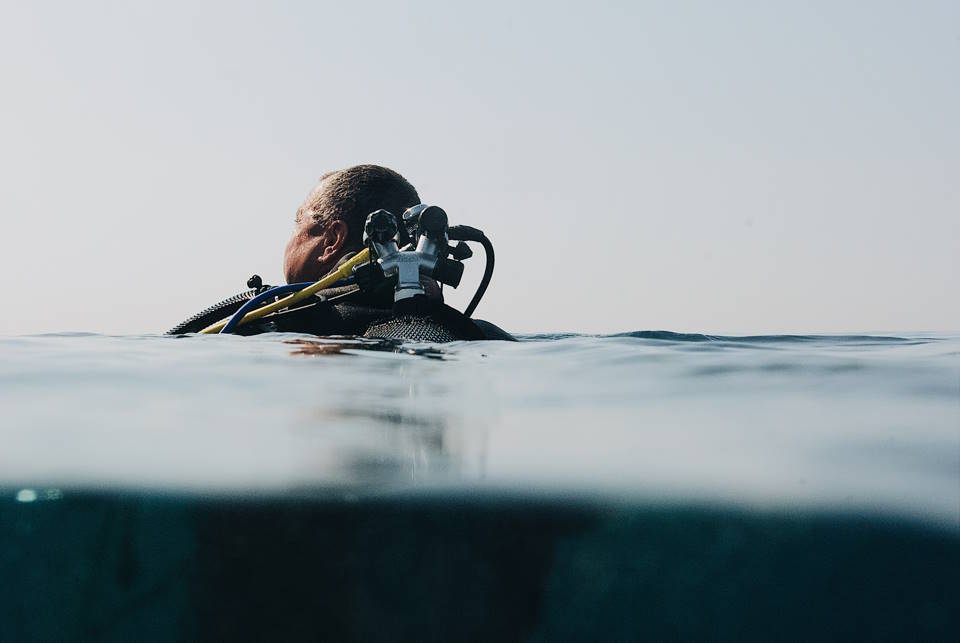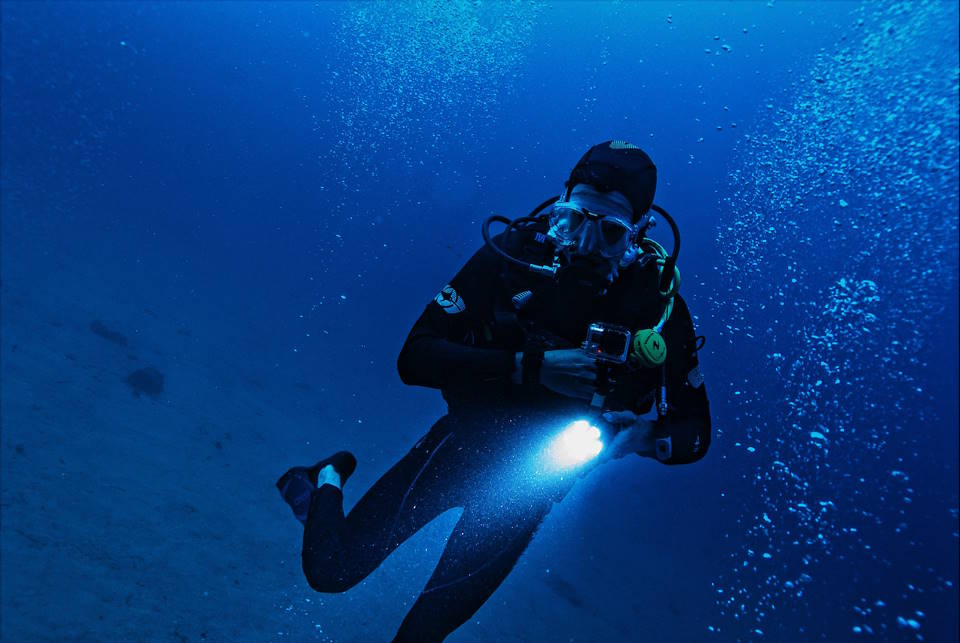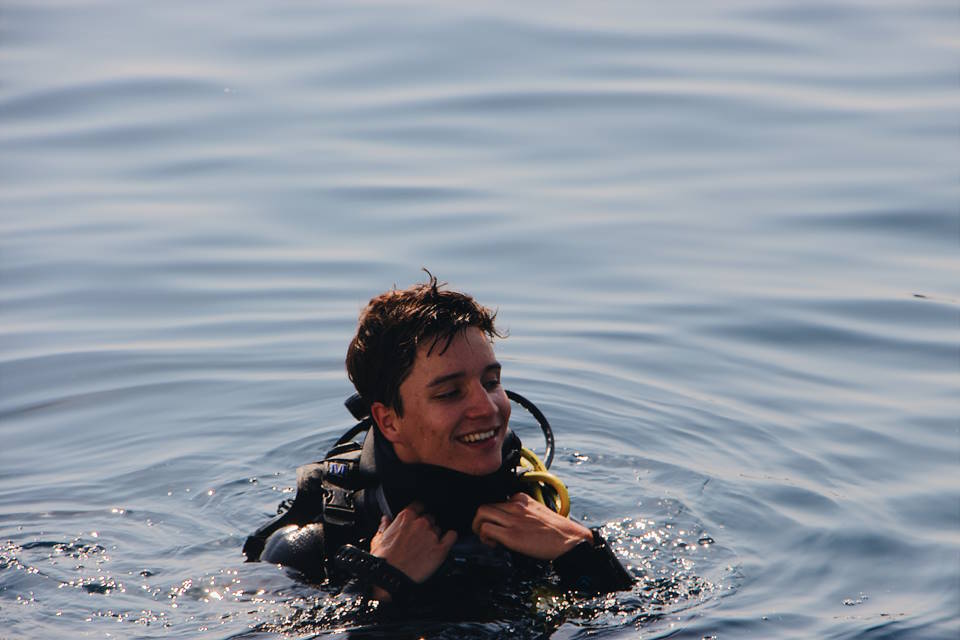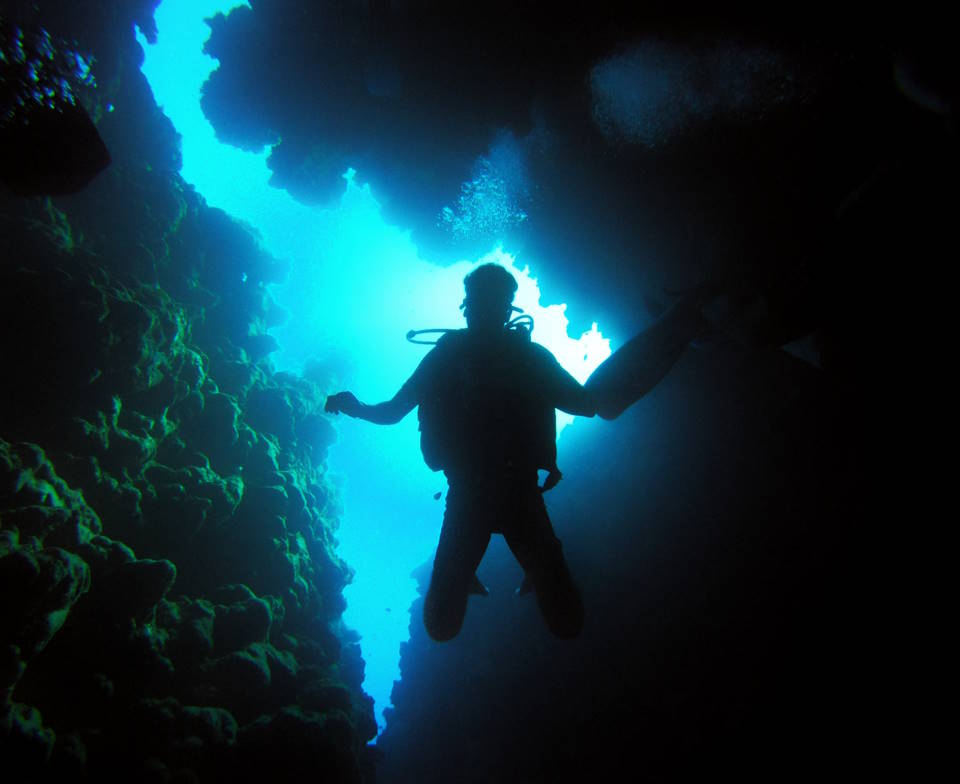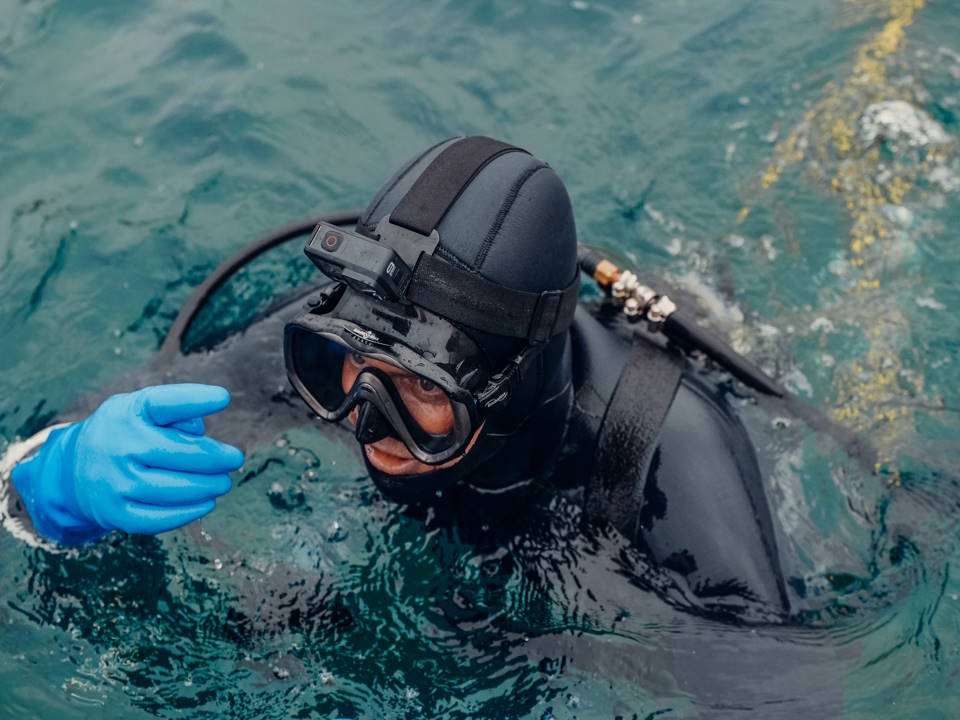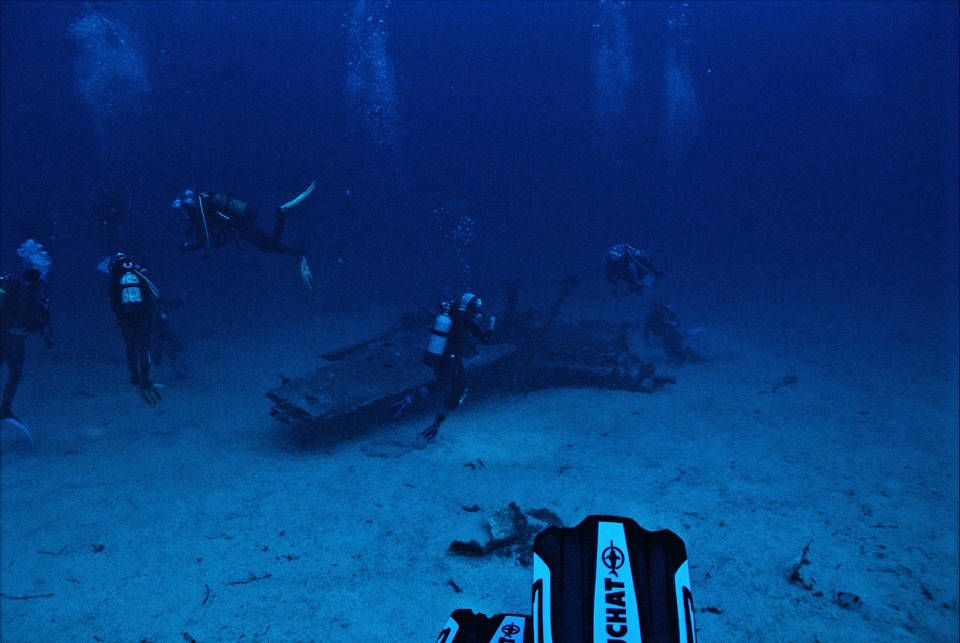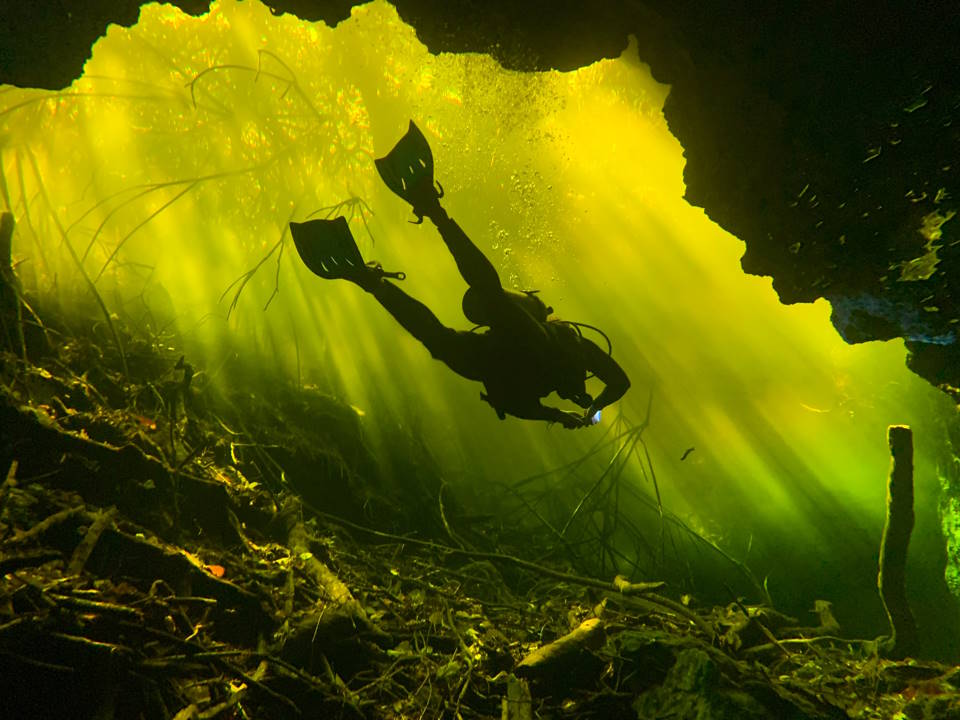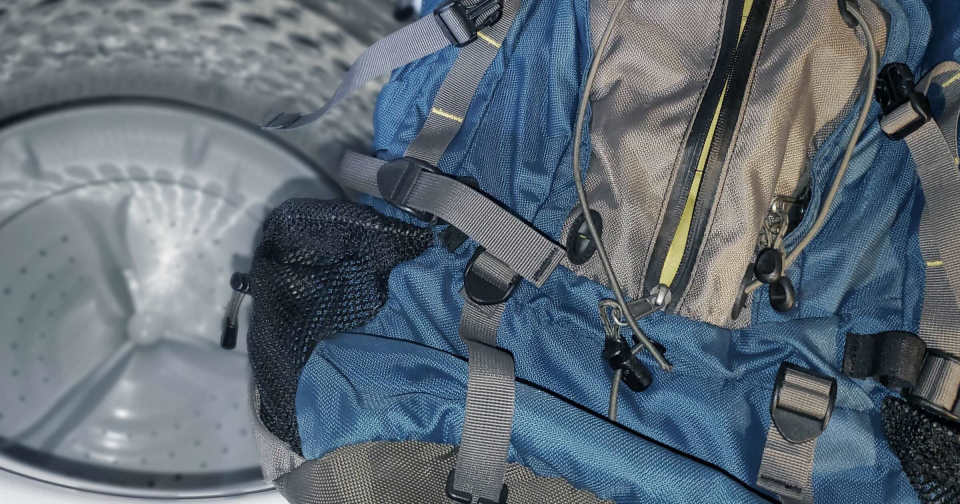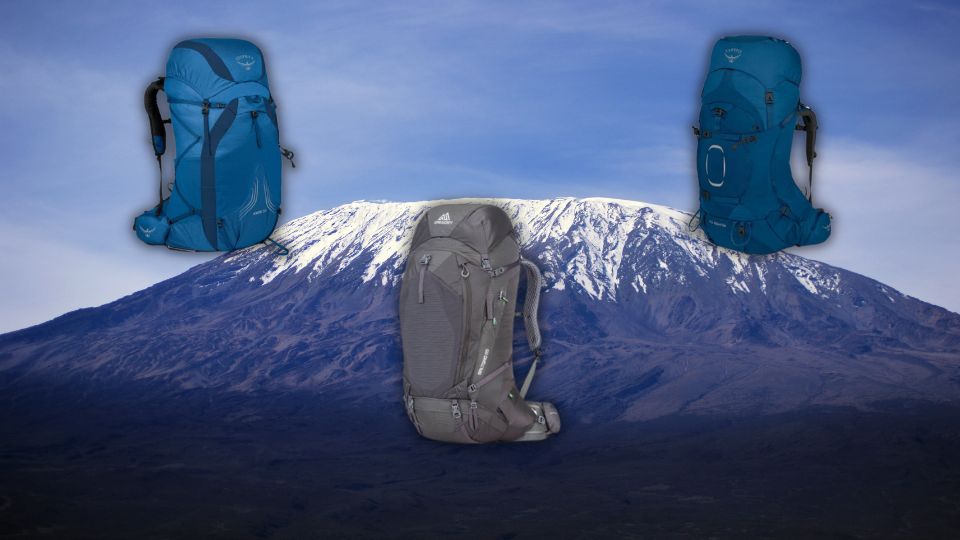Scuba diving is an exciting and adventurous activity that many people love to indulge in. Exploring the underwater world can be an unforgettable experience, but diving also has its potential dangers. One such danger is decompression sickness or “the bends.” This condition occurs when a diver ascends too quickly, causing bubbles of nitrogen to form in their tissues. To prevent this, it is important to know how long after scuba diving you can fly, the consequences of flying too soon and how to stay safe during and after a dive. We will answer these questions and provide a comprehensive guide to enjoying your scuba diving experience without risking your health.
Introduction
If you’re planning a scuba diving trip followed by a flight, you might be wondering how long you should wait before taking off. As a scuba diver, you know that it’s important to follow safety guidelines to avoid any potential risks. Flying after scuba diving can lead to decompression illness, and it’s crucial to understand the recommended time frame before taking to the skies.
Typically, divers should wait at least 12 to 24 hours after their last dive before flying. This allows nitrogen to clear from the body and minimizes the risk of decompression sickness during flight. However, different dive organizations may have their own recommended wait times, so it’s essential to check with your provider before booking a flight. Ignoring these guidelines could lead to serious health complications, including shortness of breath, muscle pain, and even paralysis.
Most scuba divers are aware of the risks of flying within 24 hours of diving, but what about a longer wait time? Why can’t you fly for 24 hours after diving? The risk of decompression illness is highest within the first 24 hours after diving because nitrogen is still present in the body’s tissues. As pressure decreases during flight, the nitrogen can form bubbles that can block blood flow and cause tissue damage.
- Avoid any strenuous physical activity after diving, as it can increase the risk of decompression sickness.
- Staying hydrated after diving is crucial to help remove nitrogen from the body, so drink plenty of water.
- Alcohol consumption can impact the body’s ability to eliminate nitrogen, so avoid drinking before or after diving.
Flying after scuba diving can be dangerous, and it’s crucial to understand the risks and take necessary precautions. Waiting at least 12 to 24 hours after diving, avoiding strenuous physical activity, staying hydrated, and avoiding alcohol are all essential steps to staying safe while enjoying your scuba diving trip. Remember to always follow your dive organization’s recommendations and avoid any unnecessary risks that could result in serious health complications.
Can I Fly 12 Hours After Scuba Diving?
Scuba diving is an adventurous water sport that provides a chance to explore the underwater world which is otherwise not possible to see. However, there are certain precautions that need to be taken in order to ensure a safe diving experience. One of the things to be aware of is the time you need to wait before flying after scuba diving.
So can you fly 12 hours after scuba diving? The answer is no. It is recommended to wait at least 18-24 hours before boarding a plane after a single dive. This is because during scuba diving, nitrogen gets dissolved in the body tissues, and while ascending to the surface, the nitrogen is released slowly. If you fly just after diving, the decrease in air pressure during the flight can cause the nitrogen to form bubbles in the body tissues which can lead to decompression sickness or even be fatal.
The waiting time increases if a diver has made multiple dives, and the depth and duration of the dive play a significant role. If you have made multiple dives, at least 24 hours should be allowed before boarding a plane. For dives involving decompression stops, it is advisable to wait at least 24-48 hours before flying. Ultimately, it is important to wait until there is no nitrogen left in the body to avoid any risks associated with flying too soon after scuba diving.
| Factors to be considered before flying after scuba diving |
|---|
| Depth and duration of the dive |
| Number of dives made |
| Altitude of destination |
| Any history of decompression sickness or lung problems |
Why Can’t You Fly 24 Hours After Diving?
Have you ever wondered why you can’t go on a plane right after scuba diving? It’s more than just a safety precaution, there are actual physiological reasons why you should wait before taking a flight. Scuba diving can create tiny gas bubbles in your blood stream that can cause decompression sickness if you ascend too quickly, which is why divers must follow specific ascent rates and safety stops.
After scuba diving, divers should wait at least 18-24 hours (sometimes longer, depending on the dive profile) before flying on a plane. This is because the air pressure and reduced oxygen levels in an airplane cabin can cause the gas bubbles to expand, which can cause anything from mild discomfort to life-threatening conditions like arterial gas embolism. In general, it is best to avoid flying and other high-altitude activities after diving to ensure that you stay safe.
| Consequences of Flying Too Soon After Diving |
|---|
| Arterial Gas Embolism (AGE) |
| Decompression sickness |
| General discomfort, such as headaches or nausea |
Keep in mind that other factors can also affect how long you should wait before flying after scuba diving, such as the depth and duration of the dive, how much nitrogen you have absorbed, and your overall health. Make sure to consult with your dive instructor or a medical professional if you have any concerns about flying after diving. Remember that safety always comes first when it comes to scuba diving!
What Are the Consequences of Flying Too Soon After Scuba Diving?
Scuba diving is an exciting and adventurous sport that provides you with the opportunity to explore the underwater world. While you may be tempted to fly back home immediately after diving, it is important to know that flying too soon after scuba diving can lead to serious consequences.
When you are breathing compressed air during a scuba dive, nitrogen dissolves into your body tissues. Flying too soon after diving can cause problems due to the change in air pressure. As altitude increases, the air pressure decreases, causing the nitrogen bubbles to expand. If you have too much nitrogen in your body, these bubbles can form and cause decompression sickness or “the bends”.
- The symptoms of decompression sickness include fatigue, joint pain, headache, skin rashes, and shortness of breath. In severe cases, it can lead to paralysis, coma, and even death.
- It is recommended to wait at least 18-24 hours before flying after a single dive, and 24-48 hours after multiple dives or a particularly deep dive.
- Even if you feel fine after diving, it is important to give your body enough time to eliminate excess nitrogen before flying.
It is better to be safe than sorry when it comes to scuba diving and flying. By waiting for the recommended time, you can avoid the potentially dangerous consequences of flying too soon after diving. Aside from diving, there are also other things to avoid after scuba diving like alcohol, strenuous activity or exercise, and diving at high altitudes. Always keep these in mind to ensure a safe and enjoyable diving experience.
What to Avoid After Scuba Diving?
Scuba diving can be an exhilarating and enjoyable experience, but it is important to be aware of the potential dangers and risks associated with it. After a scuba dive, there are certain things that you should avoid in order to prevent injury or illness. These precautions should be taken seriously in order to ensure a safe and enjoyable experience.
One of the most important things to avoid after scuba diving is flying. It is recommended that you wait at least 24 hours after your last dive before flying, as the changes in pressure can cause serious medical issues such as decompression sickness. If you do need to fly sooner than this, it is important to speak with a medical professional who can advise you on the best course of action.
- Another thing to avoid after scuba diving is lifting heavy weights or performing strenuous activities. This is because scuba diving can cause temporary changes in the body such as a decrease in lung function, which can make it difficult to perform certain physical activities.
- You should also avoid consuming alcohol after scuba diving, as this can increase the risk of decompression sickness.
- It is also important to avoid diving too deep or for too long, as this can increase the risk of nitrogen narcosis and other medical conditions associated with scuba diving.
What Are 3 Dangers of Scuba Diving?
Scuba diving is a highly adventurous and thrilling activity, but it is not without risks. There are various dangers one may face while diving, which makes it a must for divers to arm themselves with proper knowledge and skills to stay safe underwater.
Here are the top three dangers of scuba diving that every diver must understand:
- Barotrauma: When scuba diving, divers need to equalize the pressure in their ears and sinuses as they descend. If they fail to do so, they may experience a barotrauma. It is a painful condition that can cause damage to the ears, sinuses, and lungs. In extreme cases, this condition can even lead to death. To avoid barotrauma, divers must descend at a safe and steady rate and equalize often.
- Drowning: Drowning is one of the most significant dangers divers face while scuba diving. A diver’s equipment can malfunction, leading to a life-threatening situation. Additionally, divers may encounter strong currents or run out of air, leading to panic and drowning. To avoid drowning, divers must maintain proper buoyancy, always dive with a buddy, and regularly check their equipment before diving.
- Decompression Sickness: One of the most dangerous risks of scuba diving is decompression sickness, also known as the bends. This condition occurs when a diver ascends too quickly after being underwater, which causes nitrogen bubbles to form in their bloodstream. This condition can cause severe pain, paralysis, and even death. To avoid decompression sickness, divers must always follow proper ascent rates and safety stops, and never dive beyond their training and experience level.
Understanding and mitigating these potential dangers can make scuba diving a safe, enjoyable experience. Before diving, always ensure that you are physically fit and properly trained. Never dive alone, and always follow the safety guidelines and protocols of your diving club or agency.
Can You Scuba Dive Two Days in a Row?
Scuba diving is a popular and exciting activity that allows you to explore the underwater world. Some people enjoy it so much that they want to dive every day. But is it safe to scuba dive two days in a row?
The answer is, it depends. If you are a certified diver in good health and have followed all the necessary safety guidelines on your first dive, it is generally safe to dive again the next day. However, you should still listen to your body and assess how you are feeling before getting back in the water. If you are feeling tired or sore, it may be best to take a break.
If you are new to scuba diving or have any health issues, it is recommended that you wait at least 24 hours before diving again. This allows your body to eliminate any excess nitrogen that may have built up during your first dive and reduce the risk of decompression sickness.
If you decide to dive two days in a row, here are some things to keep in mind:
- Make sure you are properly hydrated and well-rested.
- Take it easy on your second dive and don’t push yourself too hard.
- Be aware of any signs of decompression sickness, such as joint pain, headache, or skin rash.
- If you experience any of these symptoms, stop diving and seek medical attention immediately.
Ultimately, the decision to dive two days in a row is up to you. Just remember to always prioritize your safety and listen to your body.

